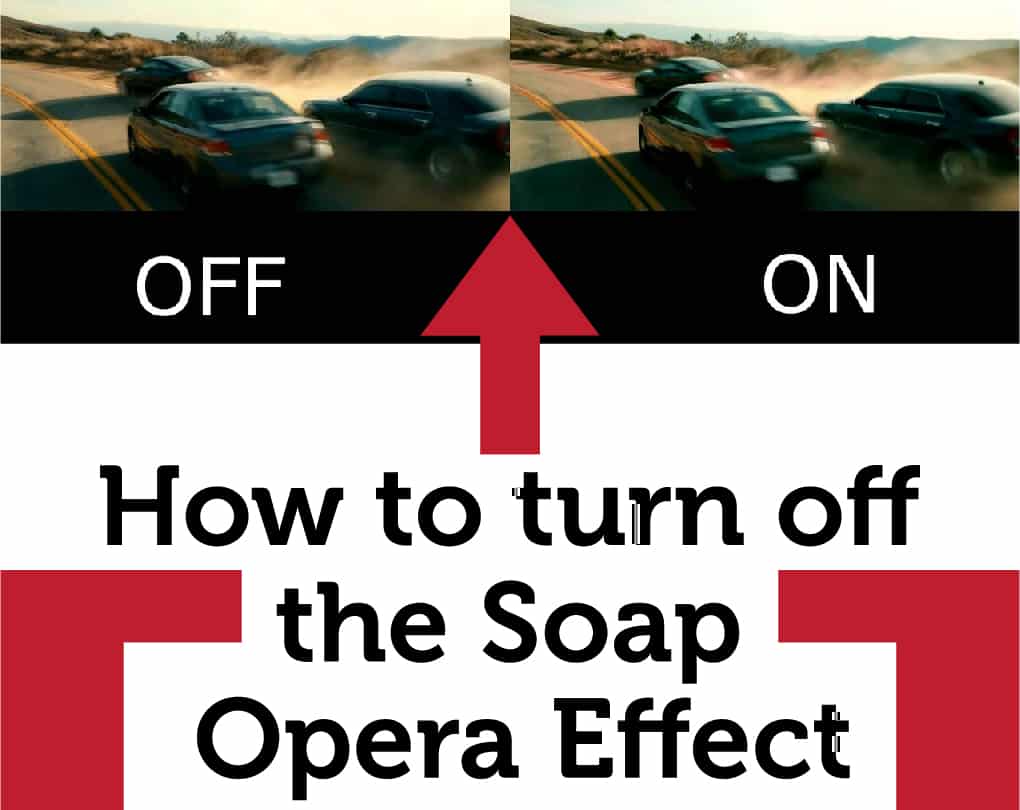
Then along came the 120Hz (and beyond) TV. This 3:2 process creates what is called judder, which is a slight stuttering quality in the film motion that's especially evident in slow camera pans.įor those of us who grew up on 60Hz TVs, this is simply how films have always looked when shown on television. The first film frame is shown twice, the second is shown three times, the third is shown twice, the fourth three times, and so on.

To show 24fps film on a 60Hz TV requires a process called 3:2 or 2:3 pulldown. To show 30fps video on a 60Hz TV (which shows 60 images per second) requires a simple doubling of the number of frames.

Why do film and video sources look different on your TV? Because, generally (The Hobbit notwithstanding), film is shot at 24 frames per second, and video is shot at 30 frames per second. (I'd be remiss if I didn't mention that most daytime soap operas have gone the way of the dinosaur, so this nickname may have to do the same very soon.or no one will understand the reference.) The nickname stems from the fact that daytime soap operas are generally shot on video instead of film, so these shows have a distinctly different quality of motion than the movies and TV shows you see during primetime, which are usually shot on film. They all describe the same thing: that super-smooth effect that makes film sources look like video on your TV. Some of the more official-sounding names for this function are motion interpolation, frame interpolation, or motion estimation/motion compensation (MEMC).

What are we talking about? The Soap Opera Effect is actually a popular nickname for the motion smoothing function found in many modern HDTVs. You can turn it off, although you may have to accept some other performance compromises if you do. The good news? There's no reason to endure the Soap Opera Effect if you don't like it.

The bad news for that reader is this: OLEDs can suffer from the Soap Opera Effect, too. A reader recently commented that he would never buy a 4K LED/LCD television because of the Soap Opera Effect and that he hoped 4K OLED would become more affordable soon to get away from it.


 0 kommentar(er)
0 kommentar(er)
